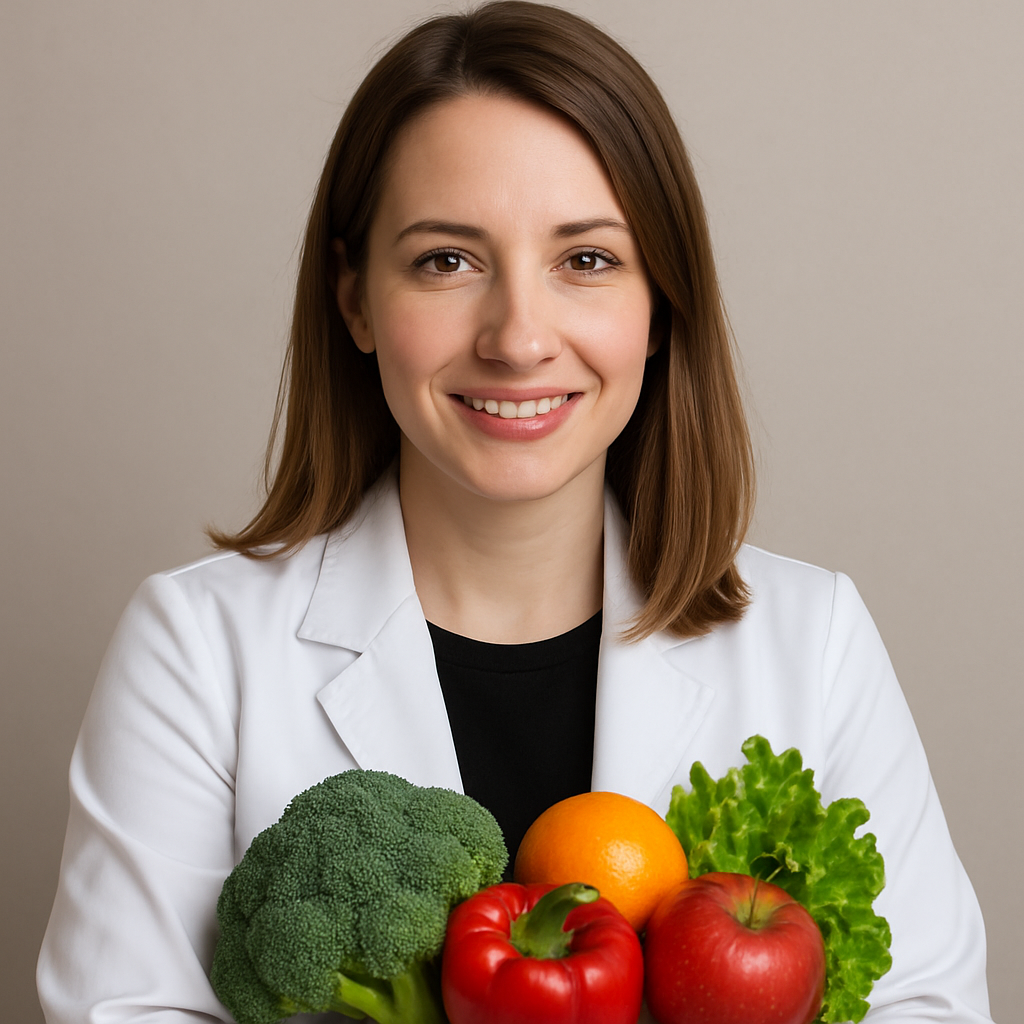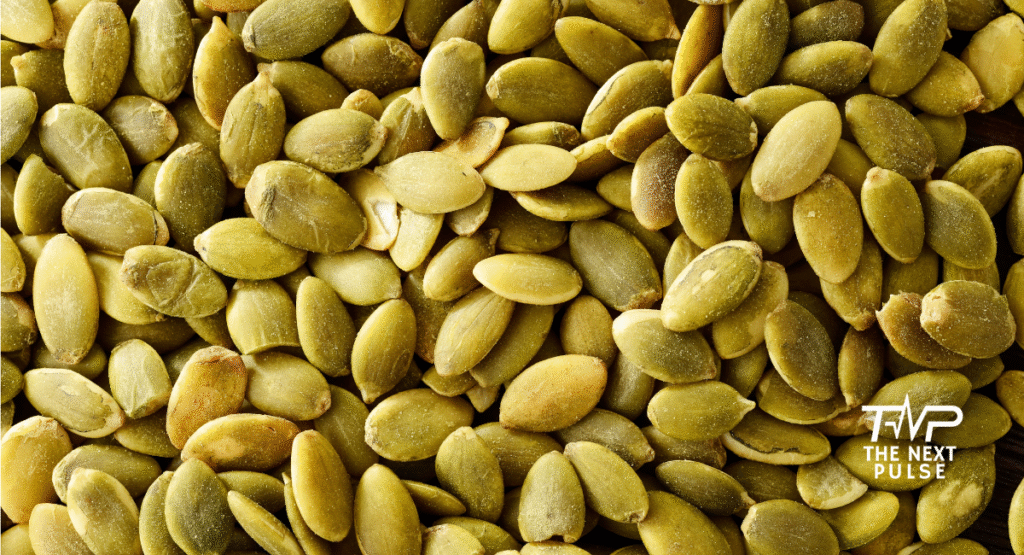
Introduction: The Underrated Superfood Sitting in Your Pantry
Alright, let’s be real. The “superfood” label gets thrown around like confetti—chia, flax, acai…you know the drill. But pumpkin seeds? They’re like the chill kid at the party who’s actually secretly awesome. Most folks just scoop ‘em out and toss them when carving pumpkins, which is just tragic if you ask me.
Seriously, these bad boys are loaded with vitamins, minerals, good fats, and protein. Science keeps backing it up too—pumpkin seeds are way more than just something to crunch on. Honestly, they deserve way more love. Stick around, I’ll break down the science, how you can eat them without getting bored, and why you should probably make them deserve a place in your daily routine.
Top 7 Health Benefits of Pumpkin Seeds (Nutritionist-Approved)
1.Magnesium for Muscle, Mood, and Metabolism
Pumpkin seeds are one of the richest natural sources of magnesium, a mineral that plays a critical role in:
- Muscle function and recovery
- Energy production at the cellular level
- Nervous system regulation and stress reduction
Fun Fact: Over 60% of adults don’t get enough magnesium—especially those on modern diets.
A one-ounce serving of pumpkin seeds provides nearly 40% of your recommended daily magnesium intake, making them an effortless way to fill the gap.
2. Zinc for Immunity, Skin, and Hormonal Health
Pumpkin seeds rank high on the list of zinc-rich superfoods—important for:
- Immune defense
- Wound healing and acne prevention
- Supporting healthy testosterone levels and fertility in men
Study Highlight: A study in Nutrition Research Reviews noted that zinc from plant-based foods like pumpkin seeds is well-absorbed when combined with vitamin C sources like citrus or bell peppers.
3. Better Sleep with Tryptophan & Serotonin Support
Looking for a natural sleep aid? Pumpkin seeds for sleep might be the answer.
- They contain tryptophan, an amino acid that converts into serotonin and then melatonin—the hormone that regulates your sleep-wake cycle.
- Also provide magnesium, which helps relax muscles and nerves.
Try this: Eat 1 tbsp of pumpkin seeds with a banana or warm almond milk 1 hour before bed for better sleep quality.
4. Prostate Health & Men’s Wellness
Pumpkin seeds are particularly beneficial for men due to their role in:
- Supporting prostate health
- Reducing symptoms of benign prostatic hyperplasia (BPH)
- Enhancing reproductive health through zinc and fatty acids
Clinical Evidence: A randomized controlled trial published in Urology International found that pumpkin seed oil significantly improved urinary symptoms in men with BPH over 12 weeks.
5. Antioxidants & Heart Health Protection
Pumpkin seeds are rich in antioxidants like vitamin E, carotenoids, and polyphenols that help:
- Reduce inflammation
- Lower blood pressure
- Improve cholesterol levels (increase HDL, decrease LDL)
Combined with their magnesium and healthy fat content, pumpkin seeds offer powerful cardiovascular protection.
6. High Fiber for Gut Health & Satiety
One ounce of whole pumpkin seeds (with shells) offers around 5 grams of fiber, supporting:
- Better digestion
- Satiety for weight management
- A healthy gut microbiome
Tip: For added fiber, choose whole roasted seeds with shells instead of the shelled variety.
7. Complete Plant-Based Protein Source
Perfect for vegans and vegetarians, pumpkin seeds deliver 7 grams of protein per ounce, including all nine essential amino acids.
- Great for post-workout recovery
- Supports muscle repair and maintenance
- Complements other plant-based proteins like legumes or grains
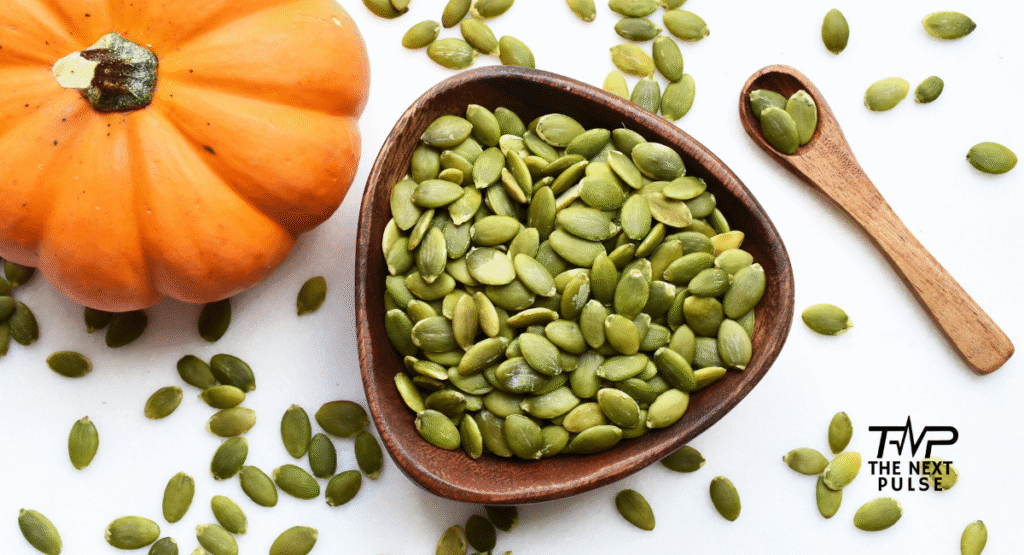
How to Use Pumpkin Seeds in Everyday Meals
Roasting Guide (Quick & Easy):
- Temperature: 325°F (165°C)
- Time: 12–15 minutes, stir halfway
- Seasonings: Sea salt, smoked paprika, garlic powder, cinnamon-maple, or chili-lime
Sprinkle Ideas:
- Top your salads, soups, smoothie bowls, or yogurt for a crunchy texture and a nutrition boost
- Mix into overnight oats or granola
- Add to avocado toast or stir into hummus
Snack Hacks:
- Add to homemade trail mix with dried cranberries and almonds
- Blend into energy bites or protein bars
- Use in savory spice blends or seed butters
Bonus: Roast them with a bit of coconut aminos and maple syrup for a sweet-savory combo.
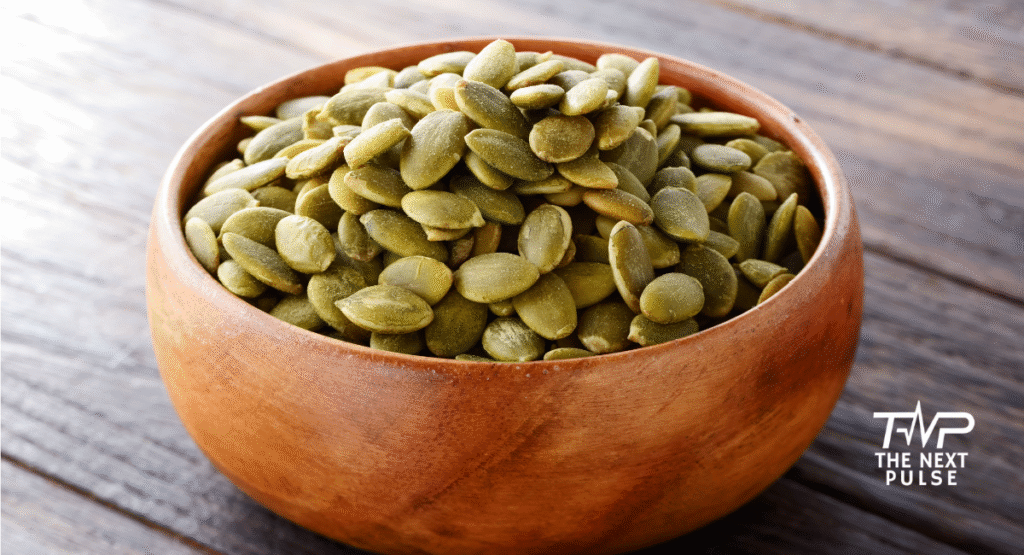
Pumpkin Seeds in Wellness & Fitness
- Magnesium supports muscle function, cramp prevention, and faster post-workout recovery
- A clean plant-based protein for vegans or vegetarians
- Iron and zinc contribute to oxygen transport and energy metabolism
Perfect Pre/Post Workout Snack:
Try a small handful with a banana or dried fruit to refuel and recover.
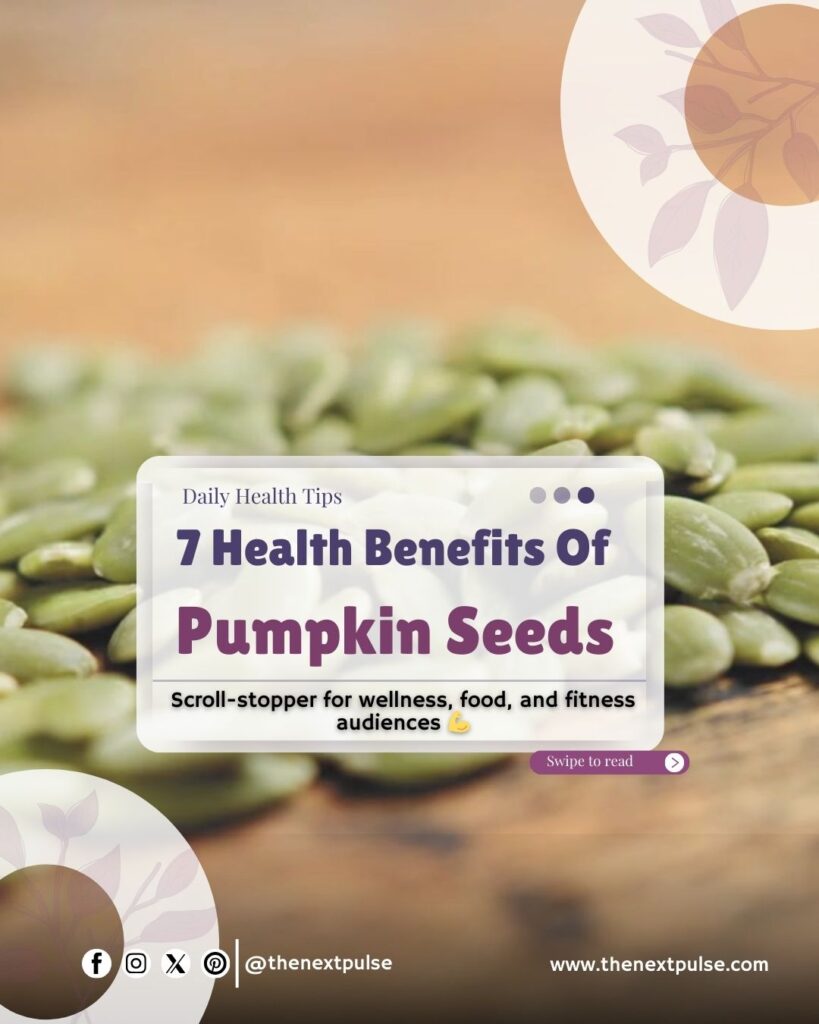
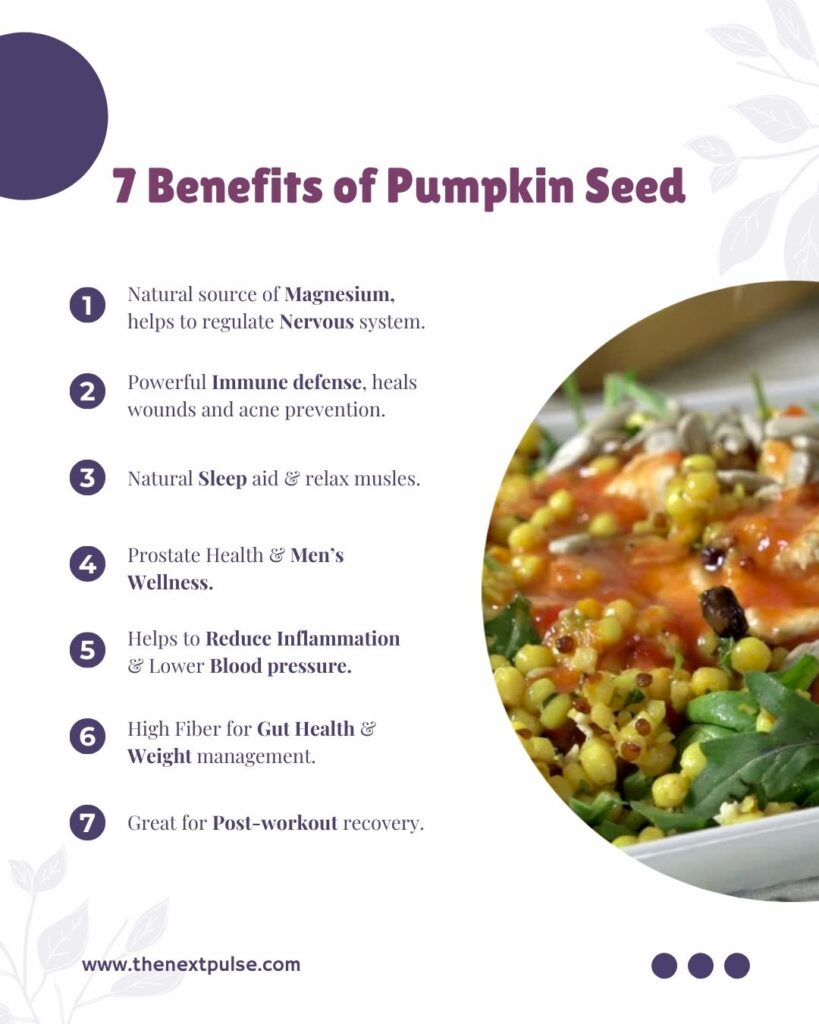
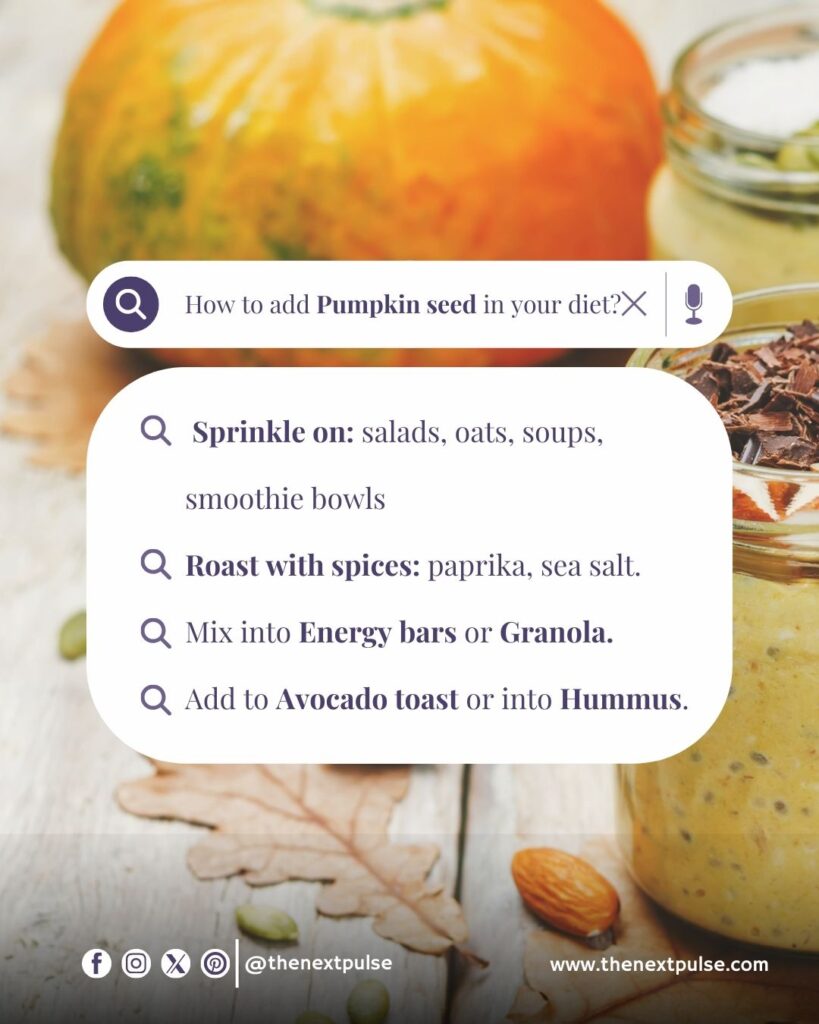
Final Thoughts: Small Seeds, Big Impact
Pumpkin seeds are one of nature’s most affordable and versatile superfoods. Whether you’re looking to boost magnesium, support sleep, protect your heart, or add a clean plant-based protein to your diet—this crunchy little seed has your back.
Start with a small daily serving and explore fun ways to add them to your meals. When it comes to long-term health, it’s often the simplest habits that make the biggest difference.
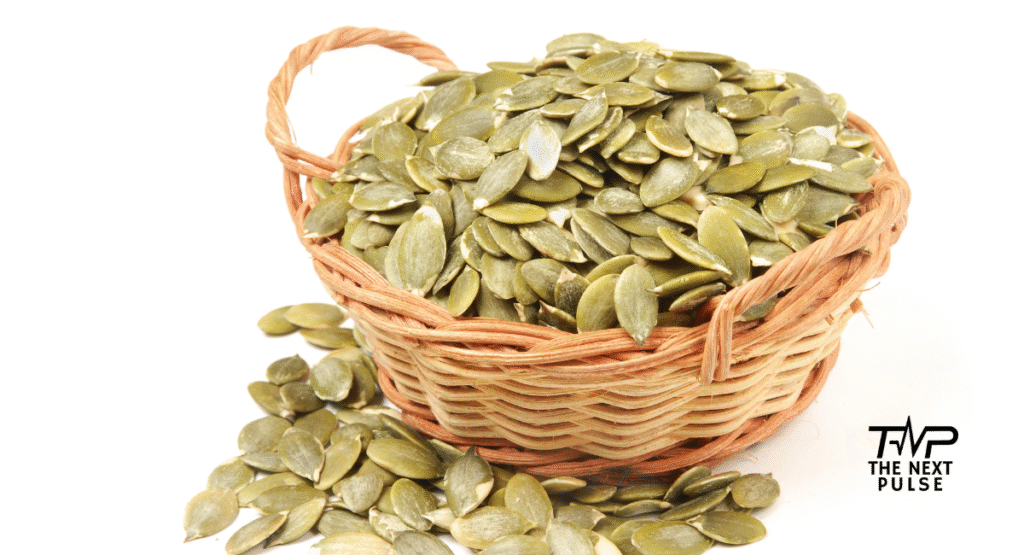
Pumpkin Seeds:Tiny Powerhouses
Pumpkin seeds are like little nutrition ninjas—packed with magnesium, zinc, and tryptophan. Wanna sleep better, boost your immunity, and keep your heart happy? Here’s why you should be tossing these into everything.
How much pumpkin seeds should I eat daily?
Aim for 1–2 ounces (28–56g) per day. That’s about 1/4–1/2 cup.
Are pumpkin seeds allergy-safe?
Pumpkin seed allergies are rare, but possible. Watch for symptoms like itching, swelling, or digestive upset.
Shelled vs. Unshelled: Which is better?
Shelled (pepitas): Easier to chew, great for cooking.
Whole (in shell): Higher fiber, great roasted.
Choose based on your digestive needs and preference.
Best time to eat pumpkin seeds?
Evening: For sleep benefits (due to tryptophan & magnesium)
Post-workout: For recovery and replenishment
Anytime snack: As a nutrient-rich, filling option
Related Topic: “Best Superfoods for Hormonal Balance”
click to buy : pumpkin seeds
